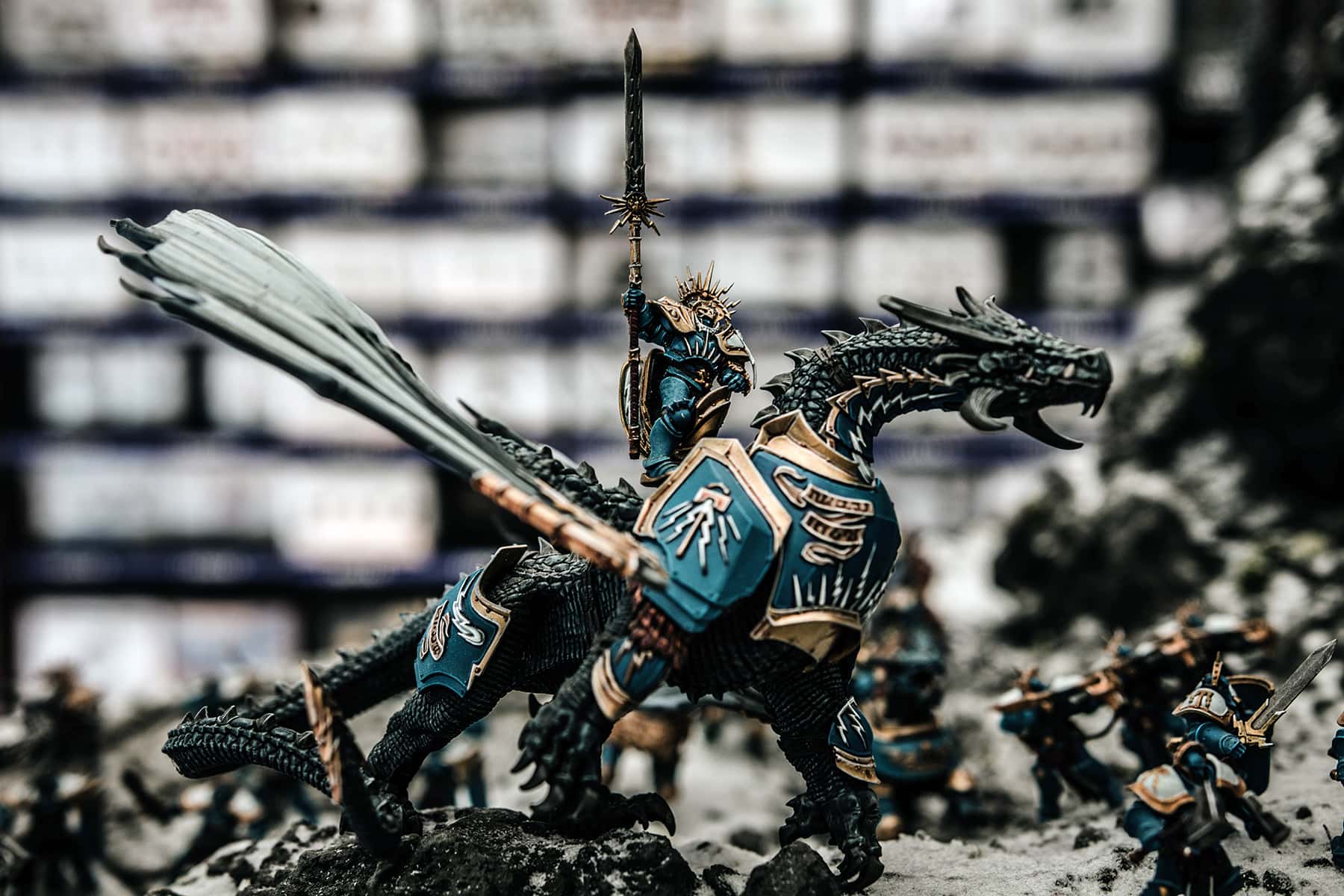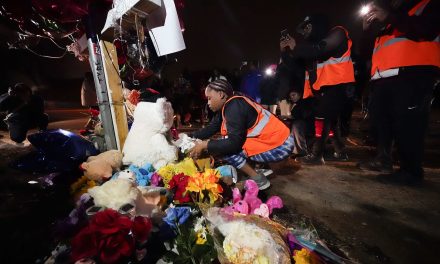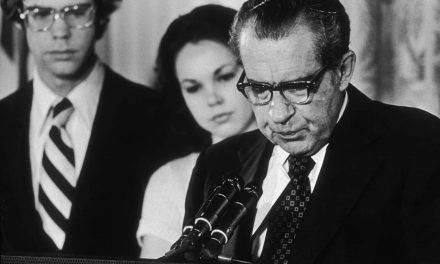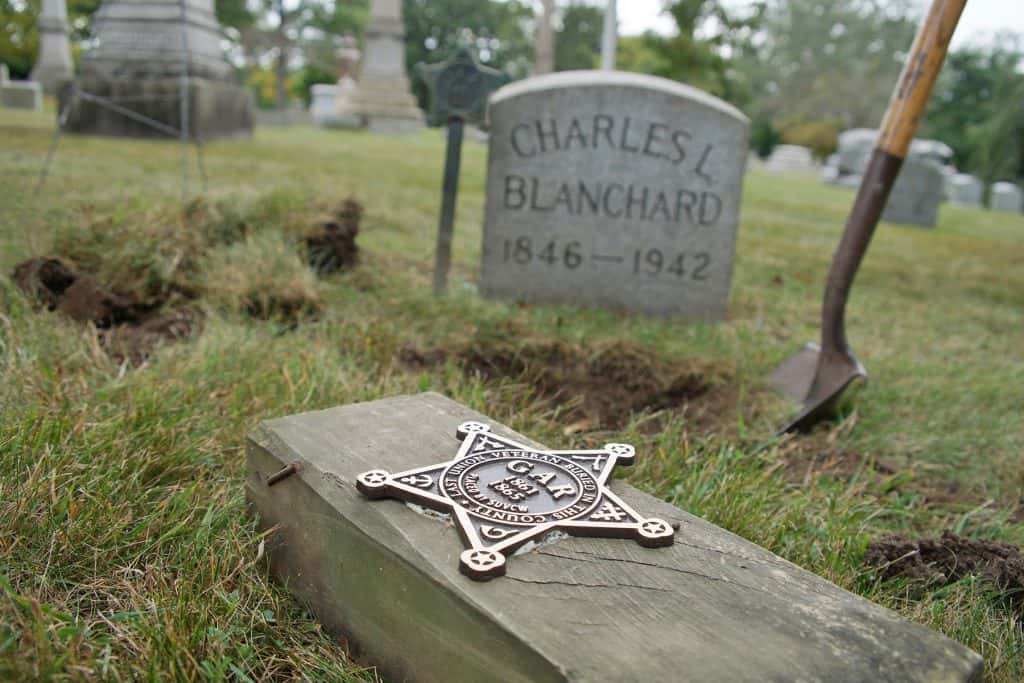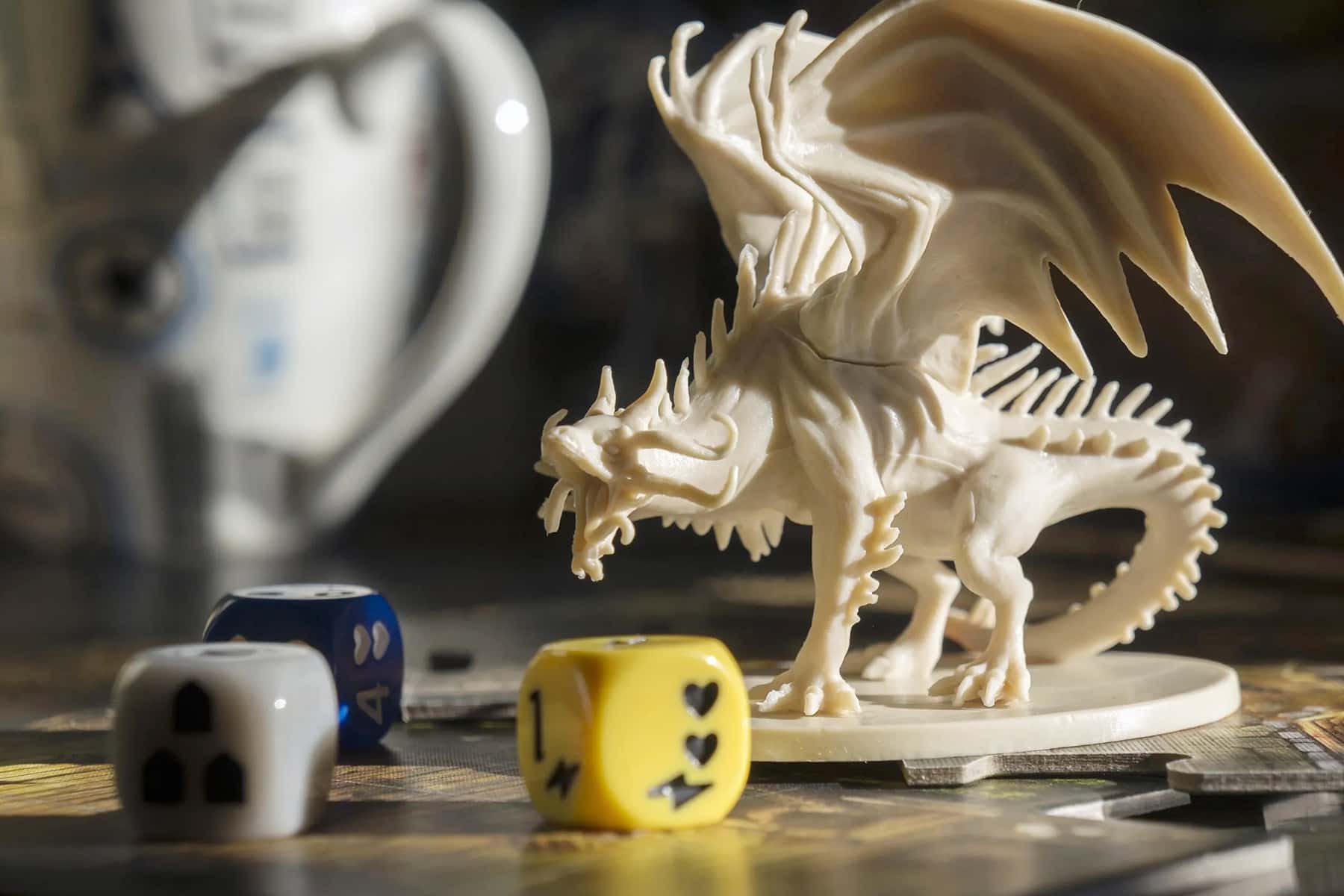
The world’s most successful role-playing game could provide a sanctuary of comfort amid the chaos for those struggling with post-lockdown angst.
As pandemic restrictions give way to more face-to-face activities resume, socializing can be a source of profound anxiety for many people. But what if, when meeting with others, we do not need to be ourselves? Or, if decision-making was done through a character we created and consequences determined by the roll of dice?
Since its inception in the mid-1970s, the tabletop role-playing game Dungeons & Dragons (D&D) has brought together a far more diverse array of players than its stereotypes suggest. Earlier this year, the game’s publisher, Wіzаrds of the Cоаst, released a report showing that, of its estimated 50 million players, 54% were younger than 30 and 40% identified as female. What it did not reveal was the rise in visibility of queer and neurodiverse players.
“It has always been a safe haven for folks who might not feel at home elsewhere,” said the game’s principal rules designer, Jeremy Crawford. “D&D is about a group of people with wildly different pasts coming together to create an intentional family and overcome adversity. A group of players are stronger because of their differences from each other. You don’t want four fighters; you want a fighter, a cleric, a rogue and a wizard. In other words, you want a group that is powerful because of its diversity.”
To play, a storyteller – known in the game as the Dungeon Master, or DM – takes a group of players through an adventure set in an imaginary world. It is their role to bring that world to life around the players, describe or enact the characters or creatures they meet, and to roll the dice that decide the outcomes of the party’s decisions.
Games can involve more than a dozen players, but most feature four to six players who gather around a table with books, dice, pencil and paper. Some may join via Zoom; sometimes miniatures, figurines and maps can be used to illustrate the adventure.
For people such as Shadia Hancock, the founder of advocacy group Autism Actually and Dungeon Master to a group of young neurodiverse players, the therapeutic potential of the game has always been clear.
“It’s about creating a sense of community,” Hancock said. “I work out the players’ expectations at the beginning of a game. Some get really into creating their characters, some are more interested in finding items and exploring the world, others are really interested in how the characters met. We all have a mutual love of gaming, but we all want something different from the session.”
Some characteristics expressed by some of Hancock’s players – social anxiety, increased empathy, difficulty adapting to change, feeling overwhelmed in noisy environments – have become familiar to many in the wake of lockdowns. Recent studies found that levels of social anxiety have increased over the past two years among all age groups, with neurodiverse youth even more likely to have experienced a decline in wellbeing.
“While other people are excited about going out, I’m filled with dread,” Hancock said. “With COVID, we [autistic communities] had all these sudden changes, often with short notice, and there was this need to constantly adapt to new rules. Not knowing what is coming up is really anxiety-inducing. During the pandemic, that became a shared experience.”
While there is no shortage of anecdotes about how D&D has transformed the lives of neurodiverse players and their families, published studies are few and small in scope.
“Before starting, the players might be more withdrawn and not used to larger social situations,” said Hancock. “But once they create their character and get used to the structure of the game, they become more outgoing. It fosters friendships that, in unstructured settings, wouldn’t flow as well. Having that activity-based format and a collaborative approach gives players support to try new things.”
Overcoming fear of failure is one of the game’s most notable therapeutic aspects. Throughout the game, the player or DM will roll a die to decide the outcome of a decision. Will you notice the secret door in the castle wall? Can you determine the history of an ancient book? Are you able to charm a unicorn? While failure is not avoided, it is potentially instructive and, often, an excuse for humor and the release of tension.
“I think the game is really powerful,” said Crawford. “It allows players to be daring in ways that are hard in our daily lives, knowing that if things do go spectacularly wrong, we’ll be able to laugh about it.”
American game designer Amanda Hamon has used teenage life as inspiration for her forthcoming D&D book and adventure setting, Strixhaven: A Curriculum of Chaos. Strixhaven is a magically enhanced university where players arrive as students, join colleges, form and handle relationships and deal with sinister forces. The book’s artwork, some of which is drawn from the trading card game, Magіc: The Gаthеring, “draws students and faculty from across the world and from other realms in the multiverse.”
“As D&D has grown the creators have realized this game is for everybody,” said Hamon. “There’s lots and lots of folks who are playing, and we want everybody to feel that they’re welcome and come to the table. I get questions like: ‘What is it like now that D&D is more diverse?’ But it always has been. You might not necessarily have seen it because the people who were making things didn’t always think: ‘Hey, there’s this whole wide world of folks out there.’ ”
For a host of reasons, many players prefer playing D&D on online platforms, such as Zoom or Discord. Others have a hybrid arrangement of in-person and remote players. As technology evolves, D&D continues to grow in popularity, with a greater number of people finding appeal in moving through conversations and encounters at a more manageable pace and replacing the ambiguity of real-world interactions with shared adventures of the imagination.
Аdаm Hаzеl
Originally published on The Guardian as ‘A safe haven’: how Dungeons & Dragons is slaying social anxiety
Help deliver the independent journalism that the world needs, make a contribution of support to The Guardian.

